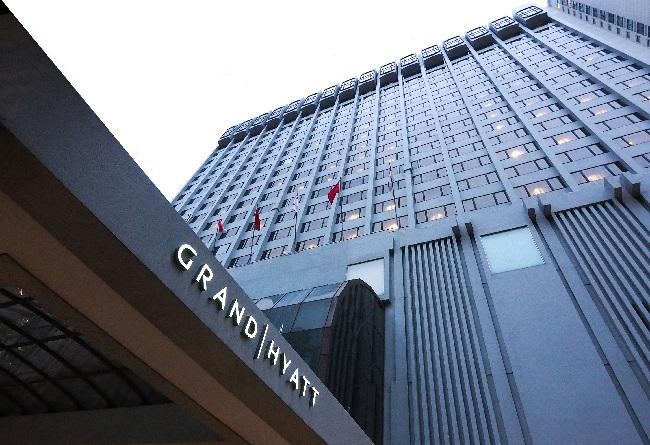
Shrinking supply pipeline could be boon for hospitality sector
With few new hotels in sight for Singapore, hoteliers are ready to raise room rates.
A recent report from DBS Bank has revealed a dramatic slowdown in new hotel launches, one which could jeopardise Singapore’s ambitions to keep growing its tourist industry.
Singapore has seen tourist numbers grow by an average of 6% over the last 10 years, supported by a growth in hotel rooms of 4.2% in the last four years. After all, tourists need a place to sleep, so it is logical that hotel room growth rate should track tourist arrivals.
But with new hotel rooms expected to grow by just 0.7 % over the next four years, the concern shifts to where these tourists will stay, and if that will dampen Singapore’s tourist outlook.
Data from the Singapore Tourism Board (STB) revealed that tourism receipts (TR) reached $13.1b in Q2 2019, a decline of 3% compared to the same period last year, whilst hotel room revenue dipped 0.1% to $1b. This was even though international visitor arrivals rose 1.7% to 4.6 million in the quarter compared to the same period last year.
In an interview with Singapore Business Review, Govinda Singh, executive director of valuation and advisory services at Colliers International, noted that upcoming hotel supply in the pipeline was in the mid-scale and economy sector. “We note that a significant number of the supply pipeline was in the mid-scale and below sector, which would inherently reduce overall market fundamentals [and] thus exacerbate the impact on the overall market trends,” he said.
With visitor arrivals edging up steadily by 2.1% YoY to 14.3 million for the first 9 months of 2019 and the compound annual growth rate (CAGR) for hotel supply expected to slow to 0.7% between 2019 to 2022, analysts agreed that increased profitability is just what the market needs right now as Singapore braces from waning business and consumer confidence. Against this backdrop, hoteliers have every incentive to raise rates in an effort to stay afloat.
“From a trading performance perspective, with limited new supply expected in the next three years and growing tourism demand, the overall outlook on trading remains positive in the short-term,” said Giuliano Esposito, senior vice president for strategic advisory and asset management Asia, JLL hotels and hospitality.
“Looking ahead, the hotel market is expected to benefit from the robust supply and demand fundamentals in the short to medium term,” he added.
High volume of events
In their report, DBS also highlighted the high volume of upcoming events in Singapore as a possible driver of growth for the sector. Wendy Teo, director of sales for Grand Hyatt Singapore, shared a similar view, particularly noting that the growing focus on wellness and sustainability amongst Singapore’s real estate sector will drive the 2020 MICE Industry.
“Delegates are increasingly seeking event venues that are able to help them achieve and complement their wellness and sustainability goals,” said Teo.
To meet this, Teo shared that their hotel has focused on sustainable initiatives in food sourcing, food waste management, energy and water, and hotel operations, amongst others. In October, the hotel also hosted the Global Wellness Summit.
Headwinds will hit harder
Even with a huge pipeline of events supporting the sector’s growth, Colliers’ Singh reflected a more subdued outlook, as he believed that ongoing issues in the region will likely dent any expansion in the market.
“Given the high correlation of hotel demand to disposable incomes, we could expect some slowdown as businesses and consumers remain cautious. We already note from the recent Singapore Tourism Board (STB) data that tourism receipts, and that specifically spent on accommodation has slowed,” he said.
Instead, more travellers are opting for budget-friendly options to make up for their weakened spending power—a trend Singh and Colliers International expects to continue up until 2020.
But JLL remains optimistic, given that RevPAR has registered a stable growth for the year. As at YTD September, RevPAR for the luxury segment remained “broadly stable”, whilst the upscale segment recorded a 2.5% YoY growth and the midscale & economy segment a 2.1% YoY growth.
For Colliers, the market was never in decline anyway.
“In our opinion, the market was never in decline but absorbing the new supply. As the supply has been absorbed, the market is now moving towards maximising yield even as demand continues to grow,” said Singh.
Colliers expects RevPAR to moderate to a 1% growth in 2020, as any large bi-annual MICE events will only mitigate slowdowns in corporate and leisure travel driven by cautious business and consumer sentiment.
























 Advertise
Advertise









